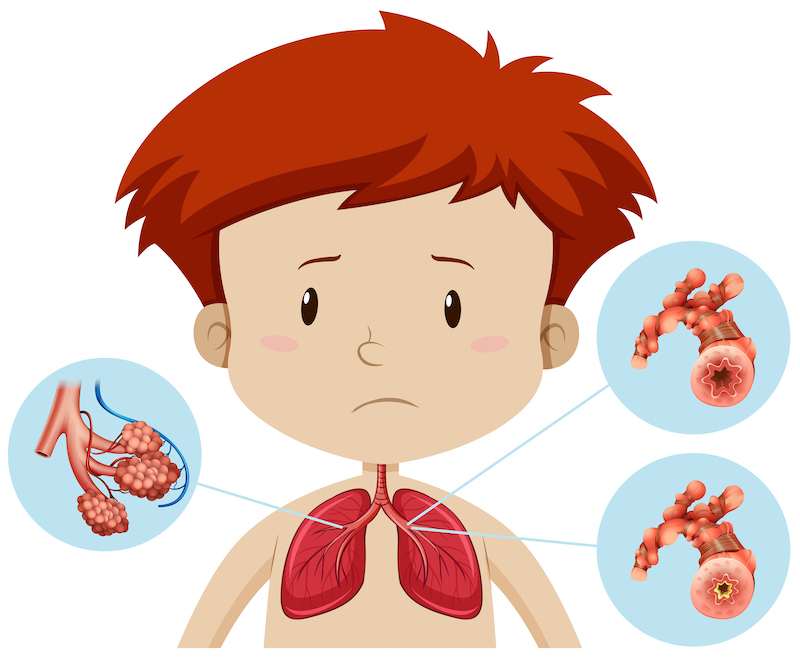
Newborn and Infant Check-Ups: A Comprehensive Guide to Ensure Your Baby’s Health
Introduction:
As an experienced pediatrician with 18 years of practice, I understand the importance of regular check-ups and vaccinations in ensuring the health and well-being of newborns and infants.
These early stages of life are hair-trigger for monitoring your baby’s growth, development, and immunization needs.
In this article, we will discuss how often you should bring your victual for check-ups and vaccinations, providing valuable insights to help you navigate this crucial speciality of their healthcare. Let’s swoop in!
Newborn Check-ups:
After birth, your victual will require several check-ups during the first few weeks of life.
The American Academy of Pediatrics (AAP) recommends a visit within the first week, followed by visits at two, four, and six weeks of age.
These initial check-ups aim to assess your baby’s growth, feeding patterns, and overall health.
Your pediatrician will moreover write any concerns or questions you may have as a new parent.
Routine Well-Baby Visits:
Once your victual surpasses the newborn stage, routine well-baby visits wilt essential for monitoring their minutiae and providing preventive care.
The AAP recommends regular check-ups at two, four, six, nine, and twelve months of age.
These visits indulge your pediatrician to track your baby’s growth milestones, self-mastery physical examinations, supervise vaccinations, and write any emerging health concerns.
Vaccinations:
Vaccinations play a vital role in protecting your victual versus potentially serious illnesses.
The immunization schedule is designed to provide optimal protection at specific ages.
Your pediatrician will follow the recommended vaccination schedule, which typically includes vaccines for diseases such as diphtheria, pertussis, tetanus, polio, hepatitis B, pneumococcal infections, Haemophilus influenzae type b, rotavirus, measles, mumps, rubella, and varicella.
The specific timing of vaccinations may vary slightly depending on your location and healthcare provider.
It is crucial to discuss the immunization schedule with your pediatrician and ensure your victual receives the recommended vaccines at the towardly ages.
Ongoing Check-ups:
Beyond the first year, regular check-ups are still important for your baby’s health and development.
Your pediatrician will typically recommend visits at 15 months, 18 months, and 24 months of age.
These check-ups indulge for unfurled monitoring of growth, assessing developmental milestones, addressing parental concerns, and providing guidance on nutrition, safety, and age-appropriate activities.
Additional Visits:
In wing to the recommended check-up schedule, it’s important to bring your victual to the pediatrician whenever they walkout signs of illness, discomfort, or significant changes in behavior.
Trust your instincts as a parent and seek medical sustentation if you have concerns well-nigh your baby’s health.
Conclusion:
Regular check-ups and vaccinations are crucial for the well-being of your newborn or infant.
Following the recommended schedule of visits, from the early newborn check-ups to routine well-baby visits, allows your pediatrician to monitor your baby’s growth, development, and immunization needs.
Vaccinations play a hair-trigger role in protecting your victual from potentially serious diseases.
Maintaining a strong partnership with your pediatrician is key to ensuring the optimal health of your baby.
Communicate openly, ask questions, and seek guidance when needed. By prioritizing regular check-ups and staying up to stage with vaccinations, you are giving your victual the weightier possible start in life.
The post Newborn and Infant Check-Ups: A Comprehensive Guide to Ensure Your Baby’s Health appeared first on Dr Dad.





